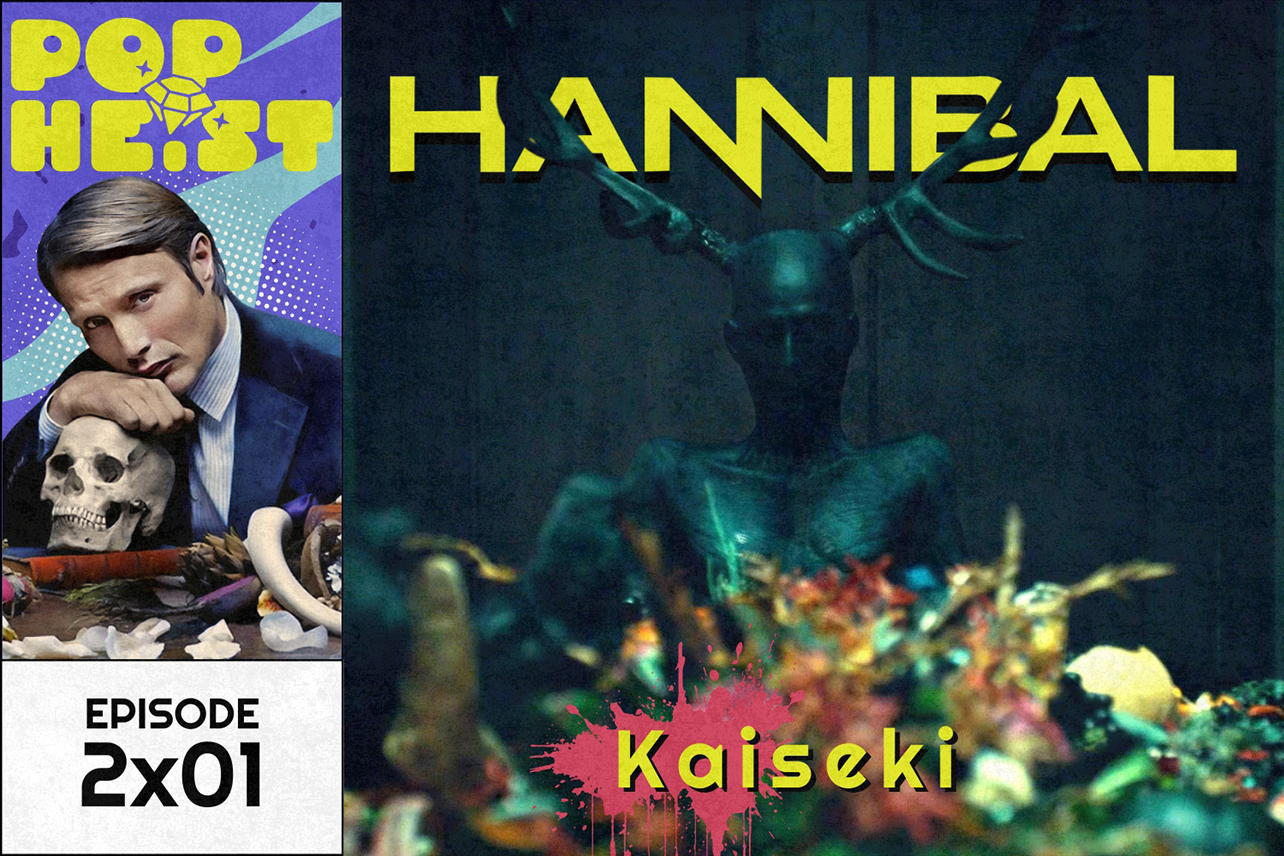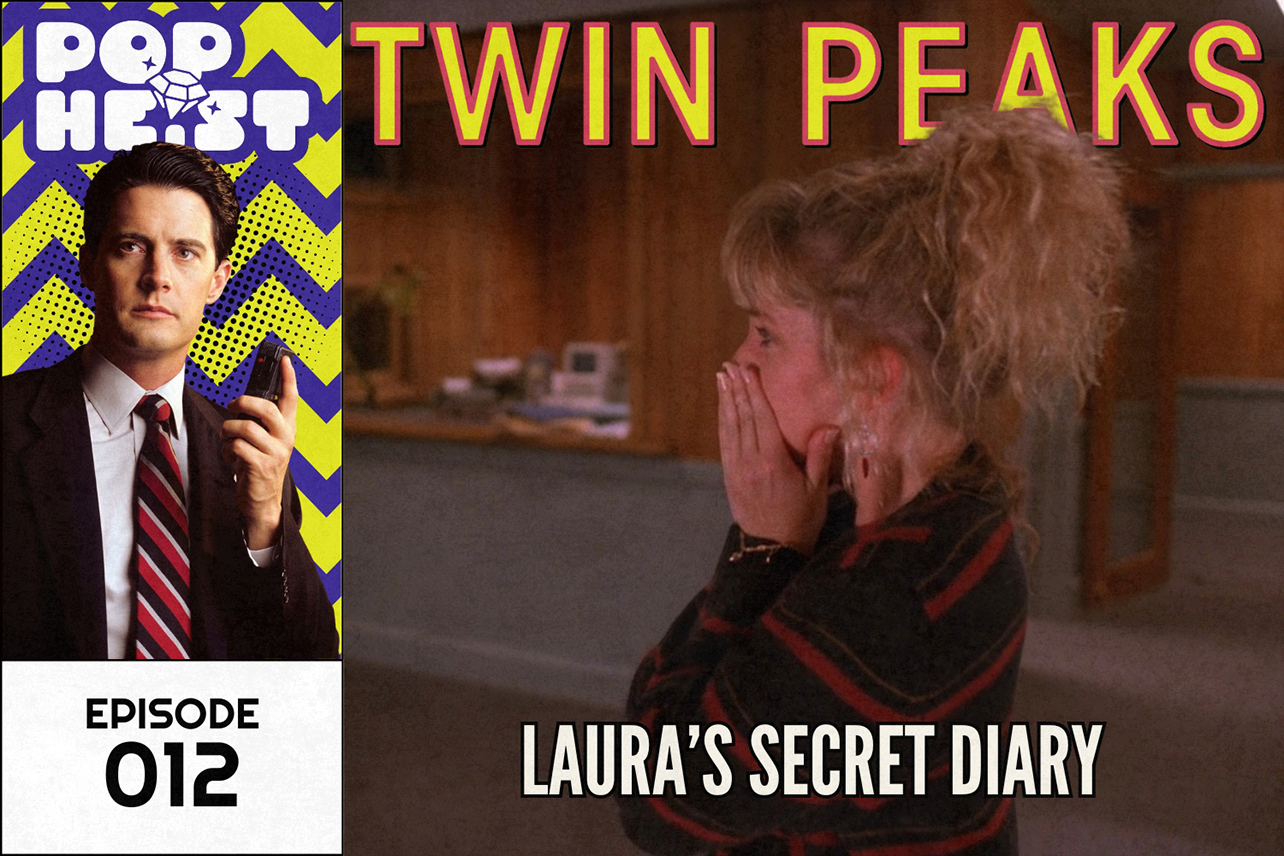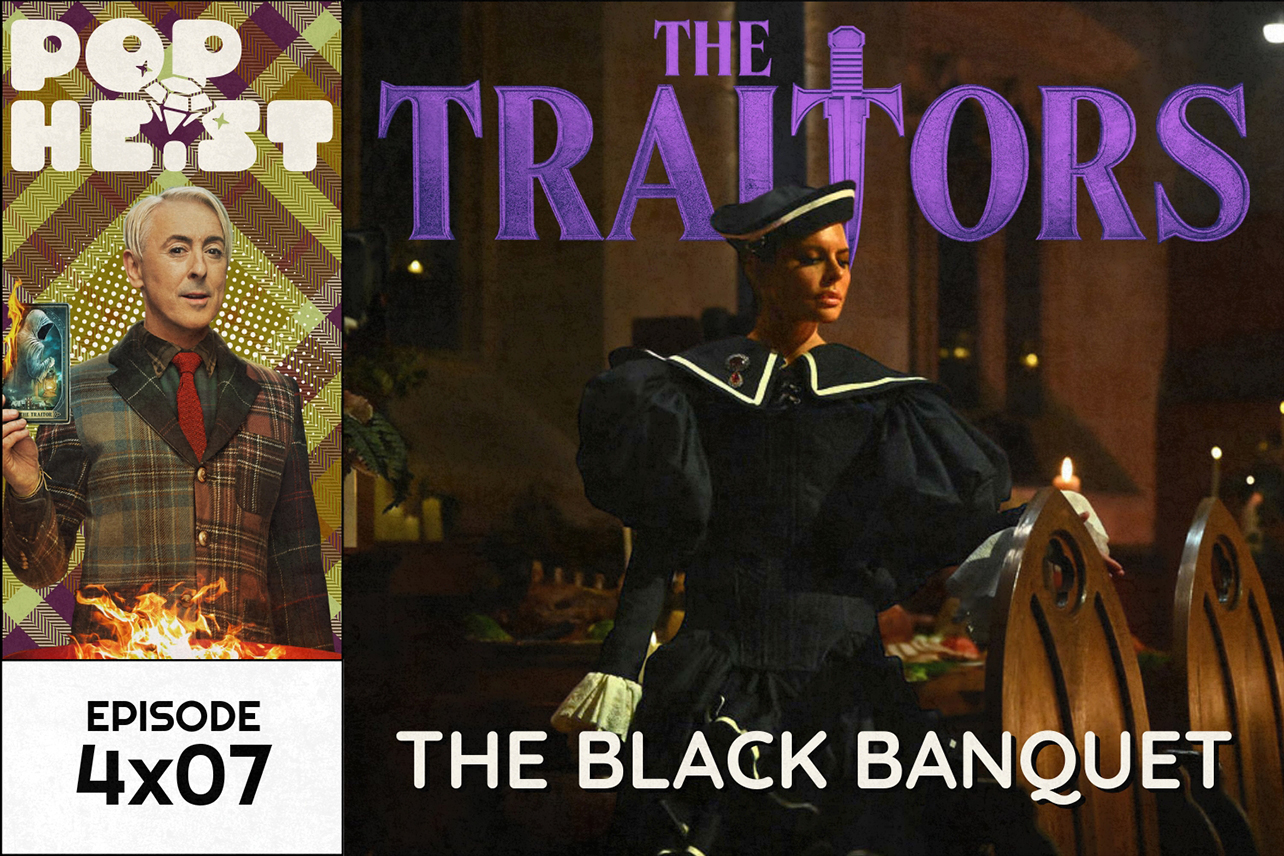Frankenstein
Writer/Director: Guillermo del Toro
Cast: Oscar Isaac, Jacob Elordi, Mia Goth, Felix Kammerer, Lars Mikkelsen, David Bradley, Charles Dance, Christoph Waltz
Across his already vast and illustrious career, Guillermo del Toro has proven his love for the creature feature. More so, he loves to deconstruct the very idea of the creature feature itself. From the fish man love interest within the Best Picture winning The Shape of Water, to the horned devil protagonist who loves cats of Hellboy, del Toro consistently dispels the false notion that vanity equates to heroism. It seems then that there is no director better suited to bringing Mary Shelley's iconic novel Frankenstein to literal life than the Mexican auteur, who arrives on the Venice Lido in 2025 with his ravishing adaptation Frankenstein— an incredibly moving film on generational trauma and lineage, one that places the onus of beauty on the act of staying alive over one's outward appearance.
Frankenstein is separated into three parts; a prelude, Victor's Tale and The Creature's Tale. The prelude begins in 1857 with a ship and its crew stranded in an icy tundra. As they attempt to dig themselves out of the ice, an explosion rings out two miles north. When they investigate, they find Baron Victor Frankenstein (Oscar Isaac) in the snow, his body broken, a prosthetic leg detached from his body and on the verge of death. As they drag Victor back to their ship, a terrifying, guttural cry rings out and the shadow of a monstrous but humanoid shape illuminates the horizon.
The shape is the Creature (Jacob Elordi), who stumbles forward, soaked in blood and with unknown intent. Naturally, this prompts the frightened men to shoot at it. But the hot lead that's pummeled into its flesh from a blunderbuss does not stop it from screaming out "Victor," or preventing him from chasing and attacking the sailors who shot at him, tearing into them like a charging bull and ripping their jaws off in gruesome fashion. This pulse-racing, viscerally shot opening scene might promise an action-heavy film — but this is not the case with Frankenstein, which is instead more contemplative of the human condition than one would expect from a film that opens with spines being snapped.
Once Victor awakens on board the ship — the Creature is circling the vessel, lurking in the icy mist — he begins to weave his story for Part One: Victor's Tale, telling the captain how the Creature came to life by his own hands. We flashback to Victor's childhood and watch how his surgeon father Leopold (Charles Dance) emotionally neglected him in favor of teaching him about surgical methods, going as far as to refuse to strike the young boy's palms as they are to be his tools. That doesn't stop the father from inflicting punishment; he instead flicks his cane across the child's cheek, citing that vanity is in the face (quite fitting that the child grows up to be played by the rather handsome Oscar Isaac). But the real damage done by Leopold to Victor is not physical, nor is it even solely emotional. It is because Leopold fails to save his pregnant wife — Victor's mother — who dies while giving birth to William, who grows up to be the virtuous Ying to Victor's more macabre and cavalier Yang.
This leads Victor to become obsessed with conquering death — at the cost of his surgical career. His colleagues find his method of inserting probes into body parts to stimulate their nervous systems sacrilegious. They tell him not to play God. His expulsion from the Edinburgh Infirmary doesn't stop him, though. After receiving "unlimited" funding from a benefactor named Harlander (Christoph Waltz, brief but impactful), the egotistical Victor soon creates the Creature, an amalgamation of organs, tissues, nerves and other body parts sewn together from deceased soldiers found on a battlefield and brought to life using electricity conducted through pure silver.
During this time, Harlander's niece Elizabeth (Mia Goth) arrives. She is the fiance of William (Felix Kammerer), much to Victor's jealousy as he is instantly smitten by her. Isaac swaggers around as Victor Frankenstein — a much different interpretation of the now-tropey mad scientist that has been seen in other adaptations of the novel — and his cavalier, punk-rock attitude does not like the rejection of Elizabeth. Especially when Elizabeth finds the Creature, chained in the basement, unable to say anything more than his creator's name, and is instantly empathetic to its imprisonment. In a fit of rage, both over his creation being a failure for not having enough intelligence to learn and of it interacting with Elizabeth, Victor attempts to destroy the Creature in an inferno that instead costs him his leg.

It is at this point, the hinge of the film swings and we switch to Part Two: The Creature's Tale, where we follow the immortal Creature as he begins observing humanity, exploring what it means to be alive as a human until we come full circle back to the prelude. It is during this where the heart-wrenching magic of Del Toro's movie really comes alive. His interactions on a farm with a blind man (a mesmerizing David Bradley) are the highlight of the entire picture and the central thesis of this adaption of Frankenstein: we, as humans, are imperfect but can find endless, altruistic affection if we aren't to judge on appearance but on character.
One of del Toro's signatures within his filmmaking is that he has an affinity for practical costumes, sets and effects. The $120 million Netflix production mostly continues this. For instance — the Creature, with his scarred face, ragged hair and patchwork of skin tones, is a magnificent physical creation brought to life by Jacob Elordi, who is unrecognizable beneath the prosthetics. The young actor is able to invoke deep pools of emotion, in particular with his eyes, which become two glistening, shattering mirrorballs that are filled with pain and love. Elordi is tremendous as the Creature. It is a performance that requires a dextrous physicality — the Creature is non-verbal until the movie's central pivot of perspective — and undoubtedly shall still be talked about decades from now.
That said, while Elordi's Creature is magnificently practical, there is a reliance on CG for enough of the film that it becomes difficult to ignore. For all the gorgeous colour-schemes, brilliant shadow-work and elaborate set design, there are too many moments of stale imperfections — digital sheep and wolves for example — that unhooks one from the film's spell. This feels, however, a necessary evil if we are to continue funding filmmakers like del Toro whose movies are elaborate and emotionally magical, much like Frankenstein is.
It is on Elordi's shoulders that Frankenstein rests as the script, from del Toro himself, is rich but blunt. Frankenstein is quite the thematically dense beast. The film tackles legacy, generational trauma, ponders on God's reach, and beauty standards. It even argues against suicide amongst a throng of other themes. While it does this, spanning 149 minutes en route, it feels like there's much more character work — particularly on Elizabeth — left out as a darling cut.
Even so, when someone like del Toro, whose passion for cinema and for what he puts on screen is tangible, needs to utilize some CG and spread his character work too thin for a single film (it was originally a two-movie idea), you can palate it in order to make something that still works as well as this. It might be a little dismembered at times but one can't help but swoon at something as life-affirming as del Toro's humanistic rendition of Frankenstein.






